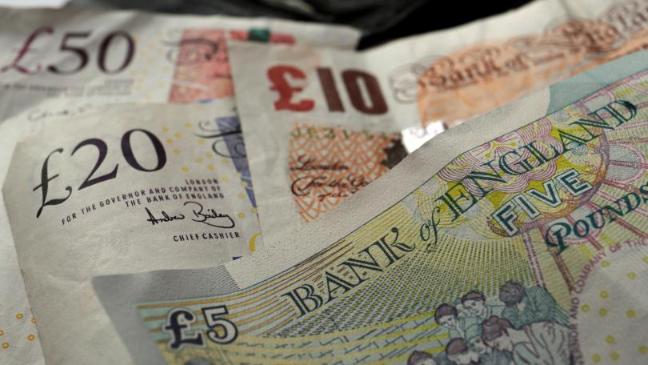 Last month, Russian authorities illegally apprehended three Ukrainian Navy ships and 24 sailors near the Sea of Azov. They are still being held.
Last month, Russian authorities illegally apprehended three Ukrainian Navy ships and 24 sailors near the Sea of Azov. They are still being held.
Just this week, commercially available satellite imagery revealed a massive Russian military build-up only few miles from the Ukrainian border.
Each new act of Russian aggression raises the question: How best to respond?
Following the naval interdiction near the Sea of Azov, I called for beefing up NATO’s presence in the Black Sea and boosting Ukraine’s maritime capabilities with high-tech radars and anti-ship missiles. In Europe, the talk has focused on extending and increasing economic sanctions against Moscow.
Both options can be part of a larger strategy to support Ukraine and confront Russian aggression. However, neither approach will work absent unity in the West. Surprisingly, one area where the West has not come to agreement is how to deal with dirty Russian money slushing around the United Kingdom.
So far, the UK has come up well short of clamping down on dirty money. Despite dozens of economic sanctions from the United States and EU, Russian oligarchs with dodgy connections to London have been able to exploit legal loopholes and the puzzling complacency of British authorities.
It is time for Congress and the Trump administration to let London know, in no uncertain terms, that this is unacceptable.
A recent report by the House of Commons Foreign Affairs Committee laid out just how Putin’s Kremlin cronies are able to skirt sanctions. In meticulous detail, “Moscow’s Gold: Russian Corruption in the UK” describes how the British legal system enables the Russians to get away with it and what the UK needs to do about it.
The case of Oleg Deripaska perhaps best demonstrates the divide between Washington and London when it comes to dealing with Russia.
Deripaska is currently a person of interest in the U.S. investigation into Russian election meddling due to his business ties with former Trump campaign manager Paul Manafort. He is also on the U.S. sanctions list. Despite this, and despite serious concerns about Deripaska’s close ties to Putin and the Kremlin, he was able to list his En+ Group PLC on the London Stock Exchange and raise more than $1.5 billion late last year in its initial public offering.
Last week, London’s Daily Telegraph reported that at least three suspected former Russian spies occupy key positions in Deripaska’s businesses, including En+ Group and his holding company, Basic Element. (Also under U.S. sanctions, Basic Element is based in the British tax haven of Jersey.) Even supposedly “ex” spies are never far from the Kremlin. Deripaska’s personnel choices have raised eyebrows in Washington policy circles, but the UK continues to turn a blind eye.
Since the poisoning last summer of former double agent Sergei Skripal and his daughter in Salisbury, England, political leaders in the UK have talked a lot about cracking down on dirty Russian money in London. However, very little has been done. Frankly, the UK should consider the presence of dirty Russian money as national security issue.
As that recent Foreign Affairs Committee report noted:
“The assets stored and laundered in London both directly and indirectly support President Putin’s campaign to subvert the international rules-based system, undermine our allies, and erode the mutually-reinforcing international networks that support UK foreign policy.”
The size of London’s financial markets and their importance to Russian investors give the UK considerable leverage over the Kremlin. It is time to use it. Until the UK gets tough, Russia will continue to take advantage of the situation, with damaging effects on the UK, the US and the transatlantic community.
For months, the British government has been pre-occupied with Brexit. And with the prime minister facing immense political pressure in the House of Commons, Russian adventurism and corruption is not a front-of-mind issue. But as recent events in Ukraine show, whatever the fate of Brexit and May, there will be no let-up with Russia’s aggression, unless the West makes that aggression too expensive to sustain.
Now is the time to act.
Washington should use the privileges offered by the US-UK Special Relationship to have a frank and open conversation with their British counterparts about Russian money.
At the very least, there should also be closer consultation between British authorities and the U.S. Treasury and intelligence agencies to avoid a repeat of an EN+ Group-like listing on the London Stock Exchange.
After all, friends do not let friends swim in dirty Russian money.
Luke Coffey is the director of The Heritage Foundation’s Allison Center for Foreign Policy Studies.
The Hill.Com, 17.12.2018




